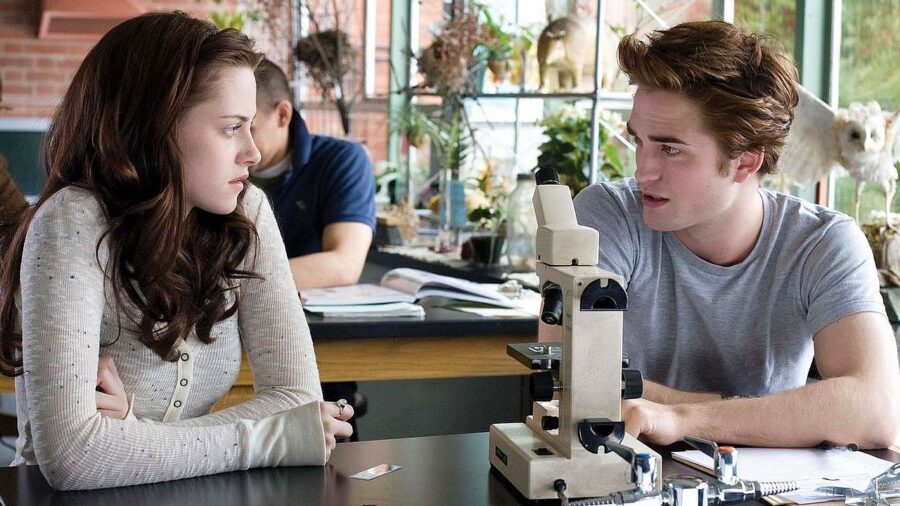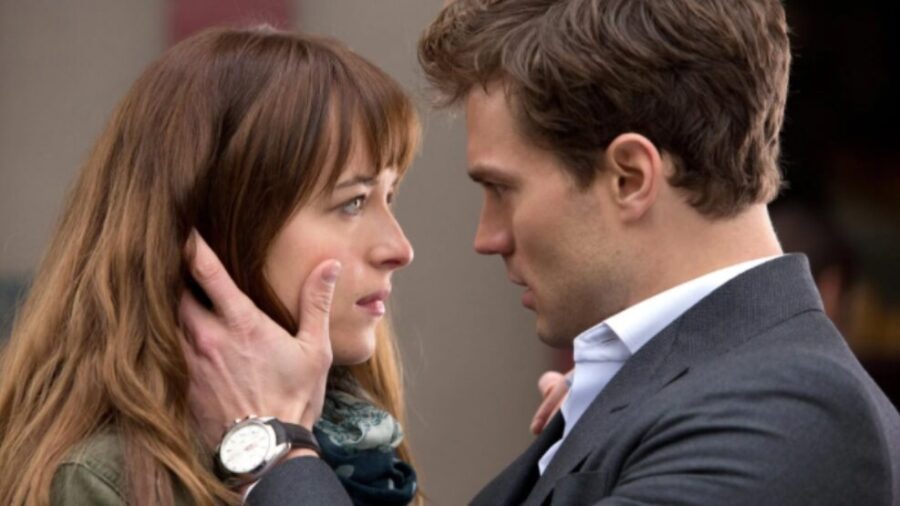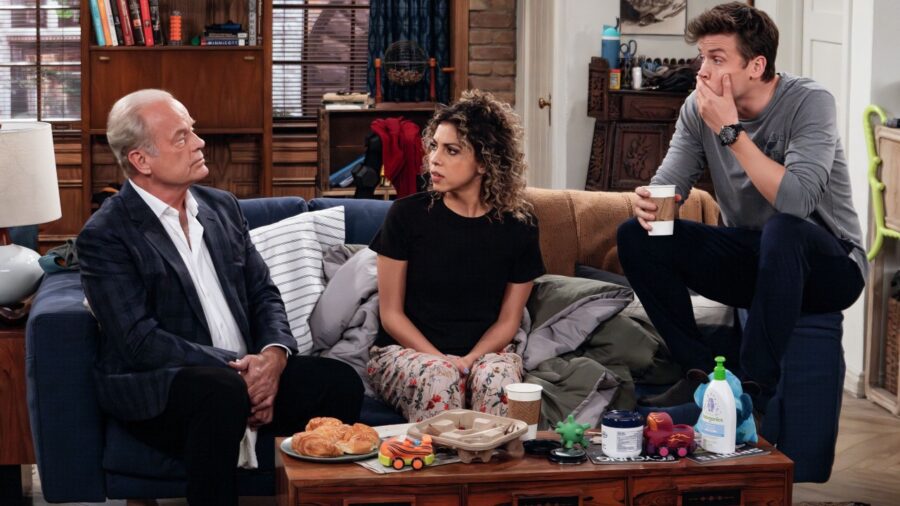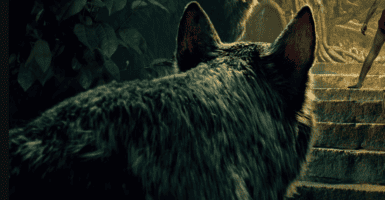Twilight Animated Series Proves Original Ideas No Longer Exist

The recently announced Twilight animated series is one of Hollywood’s stranger choices. While the original romantic fantasy films featuring the love story between Bella Swan and Edward Cullen were successful despite their problematic elements, the upcoming offering raises questions about the industry’s insistence on recycling content and the appeal of animated adaptations.
Based on Stephenie Meyer’s novels, the Twilight Saga became a cultural phenomenon, catapulting Kristen Stewart and Robert Pattinson to stardom. However, the success of the movies was less a testament to originality than a faithful adaptation of a preexisting literary work.
Someone scraped the darkest corners of the internet for cheap thrills, repackaged the narrative, and unleashed it upon a willing audience eager to consume any semblance of the beloved Twilight universe.
All four films essentially piggybacked off a story that already had millions of fans in book form. So, turning them into movies was a safe financial bet, as an audience was guaranteed.

What followed the Twilight movies was a trend that epitomized the industry’s inclination towards cash-grabbing spinoffs. The infamous Fifty Shades of Grey trilogy, a result of Twilight fan fiction, exemplifies the exploitation of existing fanbases for profit.
Someone scraped the darkest corners of the internet for cheap thrills, repackaged the narrative, and unleashed it upon a willing audience eager to consume any semblance of the beloved Twilight universe.
Everyone loves a good dose of nostalgia…But that shouldn’t be enough of a reason to greenlight a show.
Now, as Lionsgate announces an animated Twilight reboot, one can’t help but question the motive behind this creative choice. Animated series traditionally target a younger demographic that may not necessarily enjoy the love triangle between a mortal girl, vampire, and werewolf. Even with studio Chairman Michael Burns’ optimism about interest in an animated version, the paradox remains a major stumbling block.
But that doesn’t seem to matter when money is involved. Studios are happy to churn out anything that links back to something that was/is popular. They have done it since the beginning of time.
Spinning Off Spinoffs

Frasier, which was revived in 2023, was a spinoff of the highly successful Cheers starring Ted Danson, who made appearances in Frasier to boost viewership. There was also another Cheers spinoff called The Tortellis that didn’t fare so well and was scrapped.
The Twilight animated reboot seems more like an attempt to squeeze the last drops of money from a proven formula rather than a genuine effort to provide viewers with fresh stories.
Popular sitcom The Big Bang Theory spawned the prequel series Young Sheldon, which is wrapping its seventh season in May 2024. Since no one can leave well enough alone, that show resulted in a spinoff that will focus on side characters that no one really cares about.
Everyone loves a good dose of nostalgia. It reminds us of better days, and the familiarity makes us feel safe. But that shouldn’t be enough of a reason to greenlight a show.
As Hollywood continues to resurrect past successes, one wonders if we have reached a point where genuine originality in storytelling is no longer possible. The Twilight animated reboot seems more like an attempt to squeeze the last drops of money from a proven formula rather than a genuine effort to provide viewers with fresh stories. Even the global mega-hit Barbie was based on a doll that first graced store shelves in 1959.
Until someone comes up with a new idea for anything, viewers will remain trapped in a perpetual loop of rehashed ideas, witnessing the slow decay of genuine creative exploration in favor of guaranteed profits.












